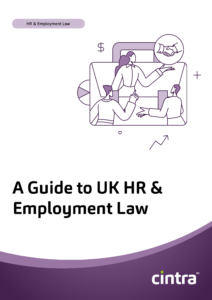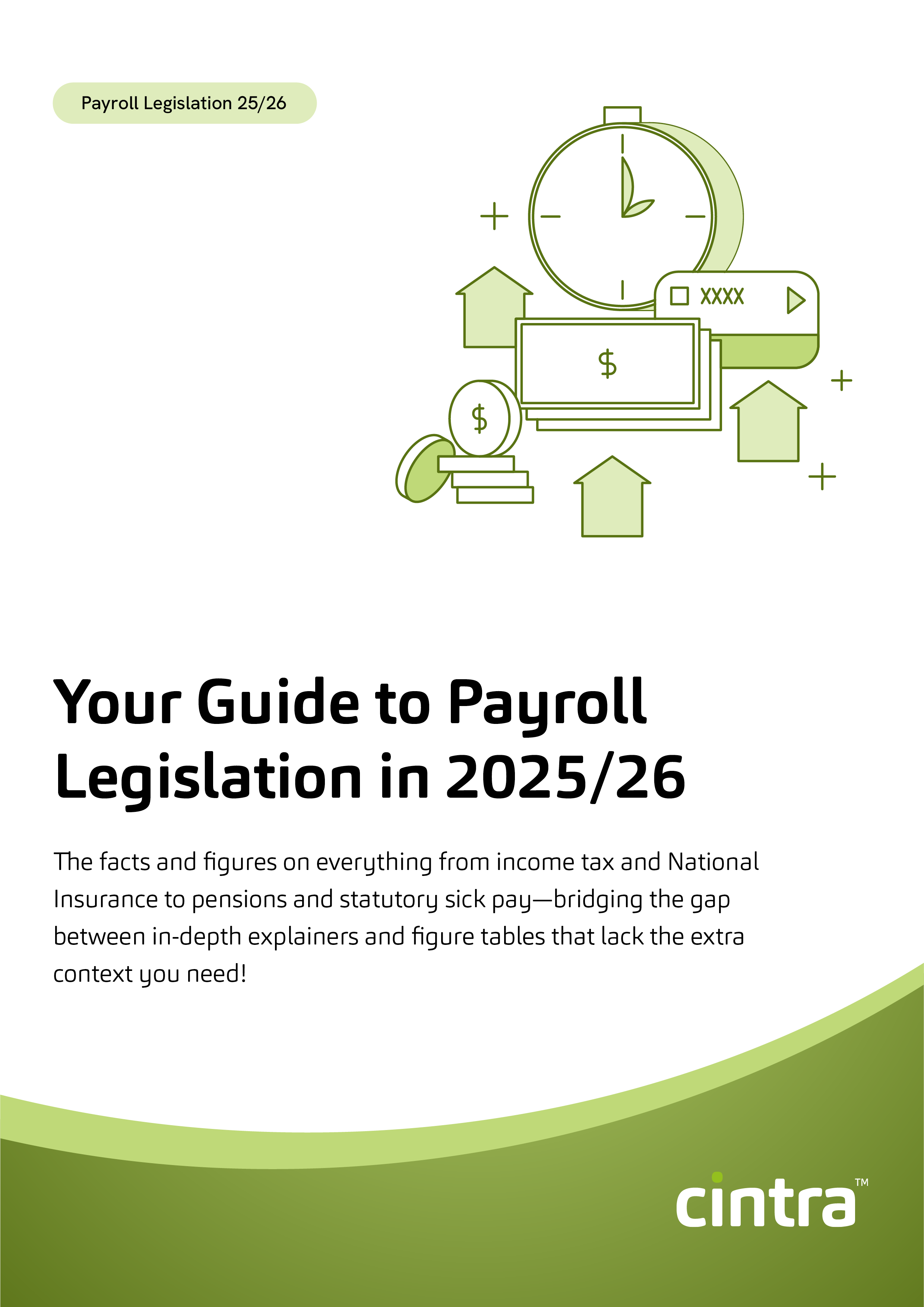On 27 November 2024, the government released an amendment paper to the Employment Rights Bill that introduces some changes and clarifications not previously announced; updates that will impact employers and employees alike!
And as always, we’re here to keep you updated, so here’s what you need to know to stay ahead of the curve.
1. Extended time limits for tribunal claims
What’s changing: The time limit for bringing tribunal claims will be extended from 3 months to 6 months. This amendment was absent from the original Employment Rights Bill but is one of the most impactful changes in the government’s recent announcement.
What it means for you: This extension gives employees and workers twice as much time to lodge claims for issues like unfair dismissal or discrimination, meaning a potentially increased risk of claims. It’s more important than ever to make sure your HR processes are transparent, well-documented, and compliant—clear communication and proactive conflict resolution could help mitigate potential disputes before they escalate.
2. Clarification of ‘initial period of employment’ for unfair dismissal
What’s changing: Unfair dismissal is becoming a day-one right under the new Employment Rights Bill, but the amendment clarifies that the ‘initial period of employment’—a timeframe during which certain rights may be limited—will be between 3 and 9 months. The exact duration will be set in future regulations.
What it means for you: This amendment provides some clarity on timeframes, but the exact details are still pending. The ‘initial period’ is likely to impact how you approach probationary periods and performance management, so you should prepare for the possibility of tighter restrictions on dismissals during the early stages of employment.
3. Guaranteed hours provisions remain complex
What’s changing: There have been some adjustments to the guaranteed hours provisions in the Employment Rights Bill, but the rules remain complex and have not been simplified. If a worker has multiple assignments, only the last assignment worked in a 12-week period will be considered for guaranteed hours, and you must notify an employee if they aren’t eligible for guaranteed hours or if a response is withdrawn during the response period.
What it means for you: There’s an array of risks too long to cover here, like your employee making a claim if they don’t receive notice of their eligibility. The complexity of these rules means you must be diligent in making sure you’re compliant, so we’re on hand to make sure you’re compliant with the rules if you need us—just let us know!
Get the latest HR updates, straight to your inbox
Get the latest HR insights and best practice guides, direct to your inbox.
4. New rules on shift cancellations and short-notice changes
What’s changing: The amendments introduce new rules regarding payments when shifts are cancelled or changed at short notice. Tribunals now have discretion to decide whether to award compensation and, if so, how much, based on the “seriousness of the matter.”
What it means for you: This change is designed to protect workers from the financial instability caused by sudden shift changes. It means that last-minute schedule changes could carry financial risks if deemed unjustified by a tribunal. Make sure you implement fair scheduling practices and always provide as much notice as possible about changes.
5. Menstrual health and gender equality
What’s changing: Menstrual problems and disorders have been added to the definition of “matters related to gender equality”. Under separate regulations, you might be required to create equality action plans and more inclusive workplace policies.
What it means for you: This change to the Employment Rights Bill is taking a step in the right direction, addressing menstrual health as part of broader gender equality efforts. You might need to adopt more inclusive policies that support employees dealing with menstrual disorders to promote a more understanding and supportive work environment.
6. Trade union access exclusions
What’s changing: The amendment clarifies that trade unions do not have the right to access workplaces that are also private residences.
What it means for you: This provides relief for employers who operate businesses from home, as it protects their privacy and exempts them from certain union access requirements. Even if you do business from a private residence/dwelling, it’s important you understand your obligations regarding trade union access in traditional workplaces, so you’re not caught short.

HR & Employment Law Guide
Grab your accessible summary of guidance and insights about where HR practices meet employment law.
Download your buyers guide
Ready for more complex changes to the Employment Rights Bill?
HR legislation has been complex lately, and keeping well-informed isn’t easy. But with more details and changes to the Employment Rights Bill and wider employment law being announced regularly, staying informed is key to keeping your business compliant.
We’re here to help; our outsourced HR team make it their business, and yours, to keep on top of legislative changes. We keep monitoring the updates, and give you as much new information as we can when it becomes available.
And if you need our support implementing new policies and procedures to keep you compliant, we’re on hand for that too.
Our outsourced HR services are here to keep you fully compliant, at a fraction of the in-house cost.


